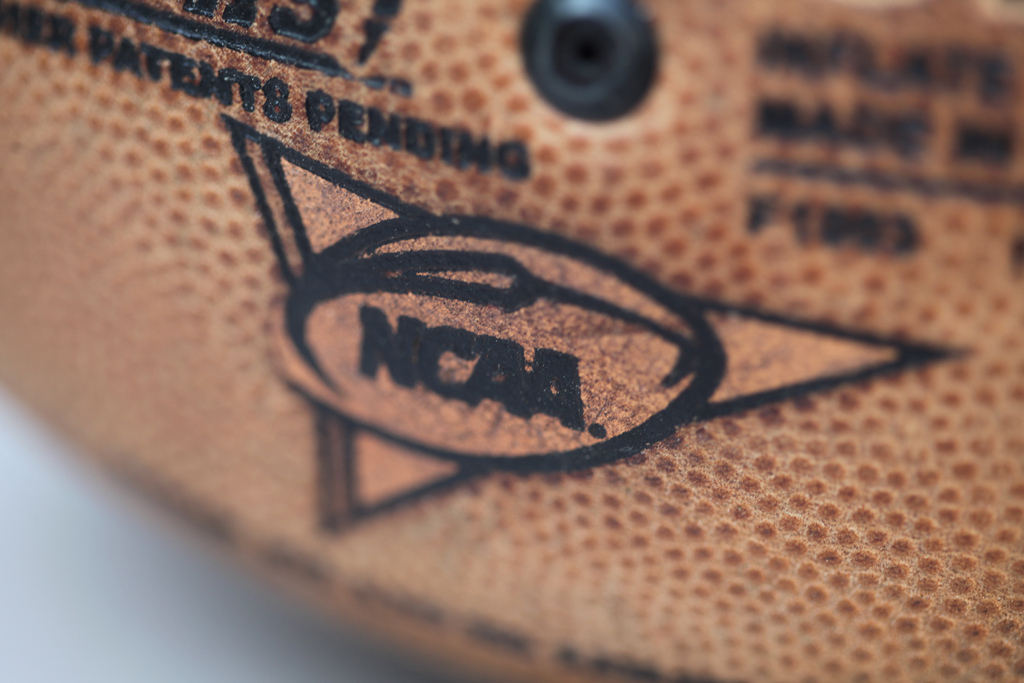Serena Williams Discusses a Sexist Practice Still Happening Today

By:
Even if you're Serena Williams, the highest-paid female athlete, the gender wage gap can affect you too.
In the upcoming July issue of Glamour, tennis star Serena Williams peeled back the truth about the gender wage gap in sports and why it needs to go.
In the interview, Williams addressed the need for change in pay discrimination.
When she was asked to comment about the U.S. women's national soccer team's fight for equal pay and gender inequity in some NCAA women sports, Williams expressed her concern.
"These sports have a lot of work to do," Williams told Glamour. "And I really hope that I can be helpful in that journey because I do believe that women deserve the same pay. We work just as hard as men do. I’ve been working, playing tennis, since I was three years old. And to be paid less just because of my sex — it doesn’t seem fair."
Williams also talked about the difficulty the gender wage gap poses for a future generation.
"Will I have to explain to my daughter that her brother is gonna make more money doing the exact same job because he’s a man?" Williams told Glamour. "If they both played sports since they were three years old, they both worked just as hard, but because he’s a boy, they’re gonna give him more money? Like, how am I gonna explain that to her? In tennis we’ve had great pioneers that paved the way—including Venus, who fought so hard for Wimbledon to pay women the same prize money they pay men, and Billie Jean King, who is one of the main reasons Title IX exists."
Serena's point is timely since women continue to make less than their male counterparts in sports.
For example, in the 2015 season the maximum salary for an NBA player was $16.407 million, whereas the maximum salary for a player in the WNBA was $109,500, according to the Women's Sports Foundation.
Inequality is also present in golf. Last year the total prize money awarded to women golfers on the LPGA was $61.6 million. On the other hand, the total prize money for men on the PGA tour was $320 million, almost five times as much.
 Flickr/Tom Woodward - flickr.com
Flickr/Tom Woodward - flickr.com
The same can be said for college athletics in terms of scholarships. Around 55 percent of athletic scholarship dollars in Division I and II schools go to male athletes, while only 44 percent of those scholarship dollars are set aside for women athletic scholarships according to the Women's Sports Foundation.
Female athletes are starting to push back.
In March, five players from the U.S. women's national soccer team filed a wage-discrimination action against U.S. Soccer Federation (USSF) with the Equal Opportunity Commission. As the New York Times pointed out, the players said they made "as little as 40 percent of what players on the United States men's national team earned" despite advancing to the World Cup finals in 2015.
"The numbers speak for themselves,” U.S. goalkeeper Hope Solo said a statement according to the Los Angeles Times. “We are the best in the world, have three World Cup championships, four Olympic championships and the [men] get paid more to show up than we get paid to win major championships."
According to Yahoo, the USSF released a statement last week with information that suggested the women players of the U.S. national team earned more than each of the players on the U.S. men's national team. However, the information the USSF cited does not include the World Cup bonuses that the men's team received. When added, the data shows that the men's team actually made 3.8 percent more than their women counterparts.
Some sports are getting proactive about pay.
According to Newsweek, the prize money for some of tennis' biggest competitions — the Australian Open, the French Open, the U.S. Open, and Wimbledon — are equal for men and women players.
The World Surf League is on board too. It enforced a new policy that requires the prize money for men's and women's Championship Tour events be the same, according to the Women's Sports Foundation.
